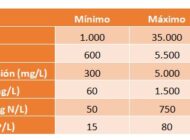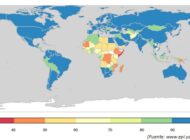Industrial wastewater and air treatment
You can search articles by category
Sector
Or you can search by keyword
Latest posts
Recuperative thermal oxidationThe recuperative thermal oxidation is a VOC treatment technology that requires lower investment costs than the regenerative one, but has higher management costs due to higher fuel consumption. Recuperative thermal oxidation is a technology that makes it possible to eliminate pollutes that are in a gas when subjecting the latter to a sufficiently high temperature. […]
 Industrial crystallization: solid-liquid separation processSalt crystallization is a very common process in iindustrial wastewater treatment. It also allows the recovery of salts and other raw materials. 98% of clean water can be obtained after a crystallization process.
Industrial crystallization: solid-liquid separation processSalt crystallization is a very common process in iindustrial wastewater treatment. It also allows the recovery of salts and other raw materials. 98% of clean water can be obtained after a crystallization process.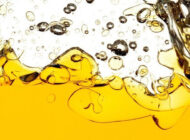 Treatment of oily wastewaterWe analyze the different technologies for the treatment of emulsions or oily wastewater: flotation, evaporation, biological treatment, etc.
Treatment of oily wastewaterWe analyze the different technologies for the treatment of emulsions or oily wastewater: flotation, evaporation, biological treatment, etc.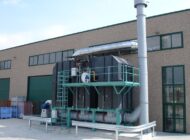 VOC Treatment (Volatile Organic Compounds emissions)There are different VOC treatment technologies for industrial activities. These are the most efficient solutions for volatile organic compounds emissions treatment.
VOC Treatment (Volatile Organic Compounds emissions)There are different VOC treatment technologies for industrial activities. These are the most efficient solutions for volatile organic compounds emissions treatment.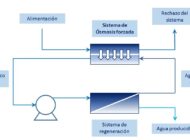 Forward osmosis for brine treatmentForward osmosis (FO) is an emerging membrane technology, which is especially suitable for brine treatment and other saline water treatment.
Forward osmosis for brine treatmentForward osmosis (FO) is an emerging membrane technology, which is especially suitable for brine treatment and other saline water treatment. Treatment of wastewater in the pharmaceutical industryWe analyze the best technologies and processes available for wastewater treatment in the pharmaceutical industry.
Treatment of wastewater in the pharmaceutical industryWe analyze the best technologies and processes available for wastewater treatment in the pharmaceutical industry. Treatment of effluents generated by the surface-treatment industryVacuum evaporation is a technique that is optimal for a wide variety of effluents and the only viable solution when all the effluents are mixed together.
Treatment of effluents generated by the surface-treatment industryVacuum evaporation is a technique that is optimal for a wide variety of effluents and the only viable solution when all the effluents are mixed together.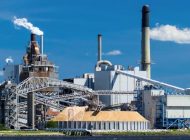 Treatment of wastewater in the paper and pulp industryWe analyzed different possibilities for the treatment of wastewater in the paper industry, with and without the reuse of treated water.
Treatment of wastewater in the paper and pulp industryWe analyzed different possibilities for the treatment of wastewater in the paper industry, with and without the reuse of treated water.